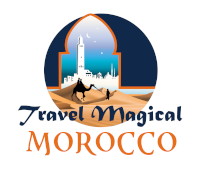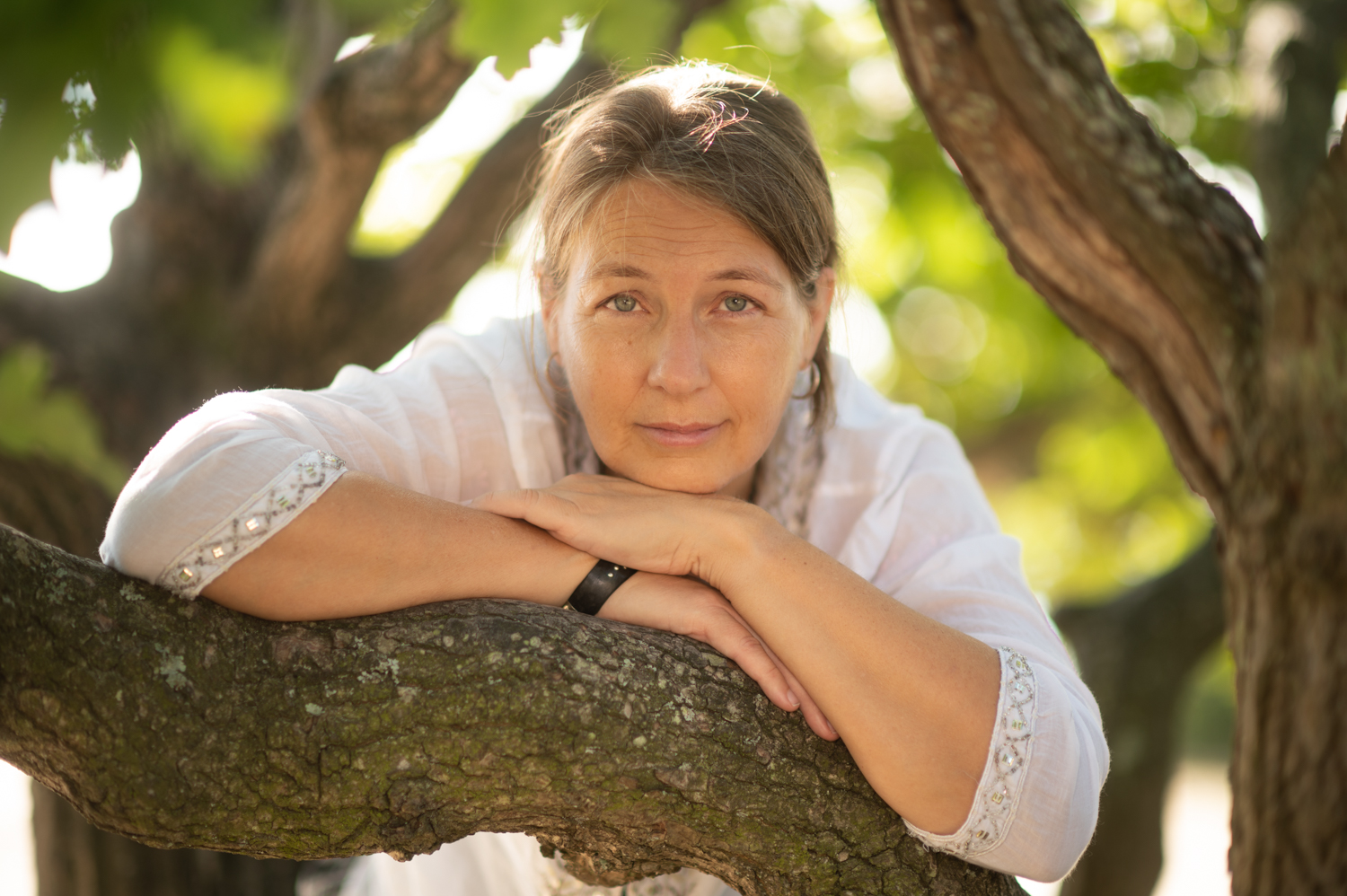‘Fortunately, there is help. But everyone still lives in tents, they have no water, they have no electricity’. That is the message we got this week from a Dutch journalist, traveling through the mountains of Morocco to make a follow-up article about the earthquake that occurred on 8 September.
And this is why we need your help. It is December. Winter is on its way and people need warm clothes and basic food to survive the winter.
The journalist shared another VERY IMPORTANT message: it is SAFE and okay to travel to Morocco. And TOURISM IS VERY MUCH NEEDED: especially for the people in the mountains who live by the jobs in the tourism industry. So by visiting Morocco, you help as well. Travel Magical Morocco always ensures that local people gain a fair income when working with us.
The Dutch journalist was interviewed for Belgium Radio: for Dutch-speaking people listen here. A translated transcript is below.
Please help us
Interview of Annelies Bontjes (Dutch journalist) on De Ochtend, Radio 1 Belgium, December 3, 2023
It has now been almost three months since Morocco was rocked by earthquakes. Nearly three thousand people were killed and more than five thousand injured. Houses and roads were destroyed. Barely anything remained of some villages. But what is it like in Morocco now, about three months after that earthquake?
We can ask Annelies Bontjes about that. Good morning.
Hi, good morning.
You are a journalist for the Dutch newspaper Trouw. You have just returned from Morocco. You have visited the affected areas, where exactly have you been?
Yes that’s right. I have been before, in early September when the earthquake had just happened and now I went back to see what it is like. And I started in the region around Marrakech, in the Atlas Mountains and then I moved further south.
And what is left to see of that earthquake?
Yes, a lot when you drive into the mountains, the further you go, the more tents there are already along the side of the road.
And when you get to those villages, most villages have turned into tent camps. People have been living in a tent for two months now. And yes, these are places where people had very little anyway. Some villages already had no running water or electricity. People riding around on donkeys. It is still very primitive.
And now they have simply lost everything. Some have relatives who have moved to the big cities. And they then moved in there. So then you have someone who lives in Casablanca, who suddenly has ten family members. But actually, the vast majority of them simply stayed in the village and now live in the tent.
And that doesn’t mean much, I’ve even seen those (Cechua) pop-up tents from Decathlon, so to speak.
Furthermore, they are often just plastic structures, with little space, so very cold at night, and very hot during the day. So that’s very difficult.
That is very difficult, very primitive.
You also spoke to those people. What do they say?
Yes, they are having a very difficult time. There is dust everywhere. So they also have difficulty keeping clean. What they are most concerned about is the coming winter and rainy season. Because I have been there now.
Normally the rainy season starts in November to March. Due to climate change, it was still very warm. But yes, it could start raining and snowing there at any moment. And then mudslides can start. And the boulders that rolled down the mountain could then continue to roll and cause another disaster.
So people are very concerned about that.
That is very understandable of course. If you have experienced something like this.
How is the Moroccan government dealing with this; Are they already busy with the reconstruction? Or will that still have to wait?
Yes, there is little talk of reconstruction. This is due to various factors. The Moroccan government has promised that people can receive financial compensation. You then have two different types.
One is for a family; the house will be completely demolished and rebuilt. And if a house is only going to be repaired, you will receive slightly less money.
So all of that now needs to be inventoried.
Who has what upright? But as I said, those villages are very far away in the Atlas and are difficult to reach. So first someone from the government must come by to assess that house and until then people are not allowed to do anything. Because they are waiting for that assessment.
It’s like with insurance here, for example.
Exactly yes, yes. So that all has to be assessed first and then another problem is that people there sometimes practically do not have a bank account at all. So how do they get the money? Then there is also not enough staff available to go there. Some villages don’t have roads, so you can’t drive a bulldozer there and demolish a house like that, so that’s all. Yes, that just takes a long time.
And the international aid?
What about that?
In the beginning, it was of course a lot. And I have still seen international aid; Dutch, Spanish, and also Belgian foundations. For example, I have been to a village near Amizmiz. That is located a little south of Morocco and there was a Belgian foundation there: they are called Carama Soliderity, working on the schools; to restore education there. So they donated white containers in which children now have lessons. So that they do not also experience a learning gap in the difficult situation they are in. I have also been to another village where Intickert, where a Belgian foundation was busy mediating between the residents and the government, was trying to speed up that process.
So yes, it is less, but fortunately, there is something.
Also from abroad. Now if you take a look at what the people need there. What help is most needed?
Yes, they just need to be helped through that winter, especially now. So those are heaters, and blankets, They are now also trying to replace the tent by placing more containers there.
I also spoke with an Italian foundation that wants to donate a kind of building, domes. So actually, the main thing is to ensure that there are no more injuries or deaths due to the cold during the winter. But actually, in many of those villages, people can hardly live there anymore. If you walk around there and look up, you see all those huge stones balancing on the edge. Very dangerous that you think: If they come down, that will be a disaster. I thought that was very intense.
And now when people have heard this and said; yes we would like to do our part and help them; where can they go?
Yes, especially at local foundations, I think. Fortunately, there are a lot of them.
For example, I have also spoken to tourists who were there, who donated via an Airbnb and then via a foundation. In Belgium, you have various foundations that still help and in fact, what they can mainly do is; yes tourism is an important source of income in Morocco.
So, I have also been to the larger cities and you don’t notice the earthquake there. Fortunately, there were also many tourists there. But yes, that is also really important, especially for the Atlas Mountains. For example, there you also have a lot of people who come for a walk.
And that’s what those walking guides also say: Yes, we just want people to keep coming because they provide us with income. But for example, the owner of the donkey who lifts the stuff up is also paid. And they are just very dependent on that.
So, people with tourist plans for Morocco don’t have to be deterred by that earthquake?
No, absolutely not and it is also a beautiful country with very hospitable and very nice people. No, so you can go there on holiday, but keep in mind that there are a lot of people there in a difficult situation, so maybe you can do something about it.
That message got there. Annelies Bontjes, a journalist for the Dutch Trouw from Morocco. Thank you very much for this conversation.
Yes, thank you.

